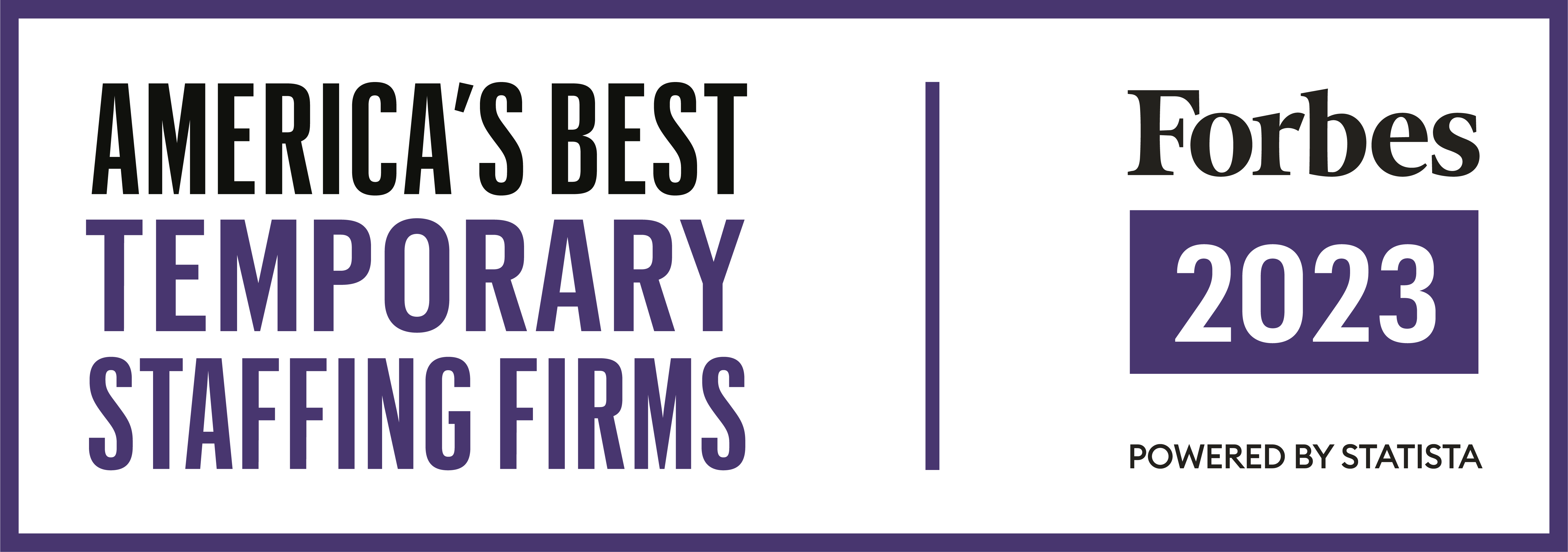With the tax deadline today, we’ve all got money on the mind. Unless you have a tax refund check in the mail (or even if you don’t!) thinking about money management can be stressful and tedious, especially if your income changes on a week-to-week basis. No one wants to think about making a budget, but the truth is, having a financial plan really does help you get your money’s worth out of your paycheck each week. So, even if your income is as unpredictable as a spring forecast, a little planning can help you save big.
Do I really need a budget?
Is it even possible to create a budget when your paycheck fluctuates each week? Yes, not only is it possible, but it is even more important to budget when you don’t know how much money will be in your bank account on any given day. One in three Americans prepare a detailed household budget—these individuals typically have fewer financial difficulties and feel more secure when it comes to money. Create more financial security for your family with these four steps:
1. Determine essential expenses.
You may be thinking, “How do I budget my money?” The first step in budgeting with an unpredictable income is to determine your expenses. Make a list of your monthly bills, and list them in order of priority. The essential items that you can’t live without should be listed first, such as groceries, housing costs, medical expenses, and utility bills. Estimate the cost of each item. Making accurate estimates can be tricky; try tracking your expenses for a few weeks so you can get an accurate picture of what you actually spend. Then, add these items together so you know the minimum amount of income you will need to earn to make ends meet.
2. Calculate secondary expenses.
Then list your secondary priorities, such as internet, cable, phone plans, etc. Some will be a fixed amount each month, like your trash pickup or cable. Others will vary depending on usage, such as phone and water bills. For the flexible expenses, estimate how much you spend on average; it doesn’t have to be exact. Be sure to give yourself an allotment for things you don’t receive a monthly bill statement for, but are monthly fees nonetheless, such as gas or other transportation. Total the cost of these items to pay for if you have enough funds available after taking care of the essential expenses.
3. Save when you can.
If you rely on an unpredictable income, you know some months are better than others. On those months when you’re doing well, set aside some money into a savings account. This will give you a cushion for those not-so-good months, which we all experience from time to time. It also serves as a good resource for those things that we can’t predict, like car repairs and doctor bills. While sometimes it seems impossible to save when you don’t know when your next paycheck is coming, it can be done, and will help in the long run.
4. Think creatively.
Brainstorm ways you can add to your savings by reducing your spending. Think about things that might be unnecessary costs, such as eating out, or if there is a way to reduce certain fees, such as using fewer minutes or less data on a phone plan. Also consider ways you might be able to increase income. Can you ask to increase the number of hours you’re working? Perhaps there is a service, like mowing lawns or shoveling snow you could provide to neighbors for a fee.
Budgeting can help!
Once you have calculated and prioritized your main costs, you will be in a good position to pay the most important bills, ensuring that you can take care of your basic needs. Budgets allow us to see where our money goes each month. Without itemizing expenses, it can be easy to spend money without knowing exactly where it goes. Using a budget gives you an opportunity to make deliberate and thoughtful choices about spending. It can also help you set up long-term financial goals to plan for the future and ensure you have enough money each month to pay monthly bills.




